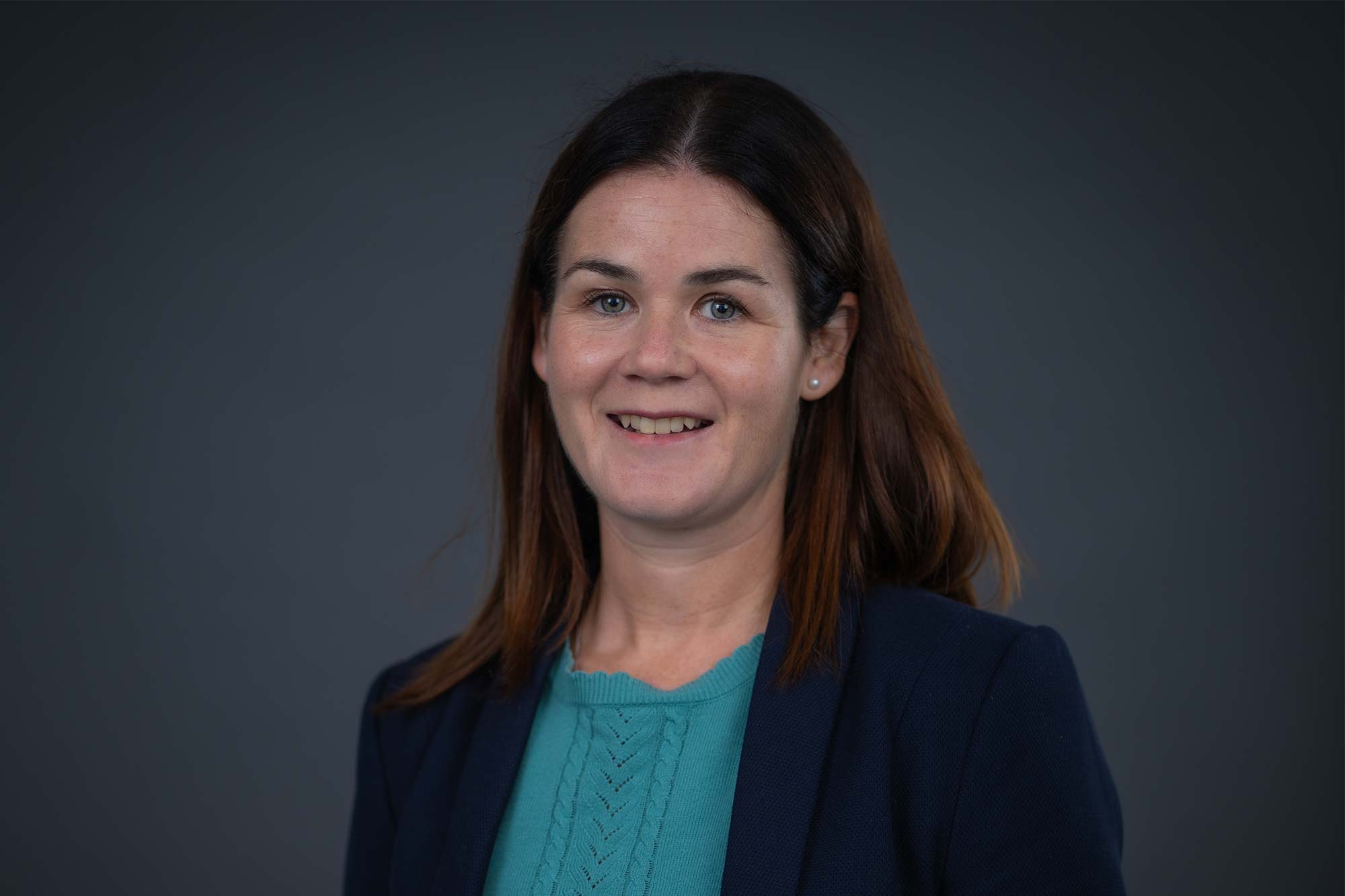- Prospective Applicants
-
Current PhD Researchers
- Careers and Opportunities
- Careers
- Go Global
- Science Shop
-
Supervisors
- Find a PhD
- PhD Manager
The specific hazards and associated risks of hydrogen vehicles use in covered carparks are largely unknown and thus prevention and mitigation strategies have not yet been developed or validated. Previous activities are predominantly focussed on the fire scenarios with fossil fuels and do not address the hydrogen specific hazards. Particularly pressure and thermal effects related to release of hydrogen from high pressure onboard storage through TPRD in the case of fire.
Regulations, Codes and Standards (RCS) require a scientifically sound basis for the implementation of necessary safety strategies and engineering solutions. Validated engineering models and tools for reliable prediction of an accident dynamics in underground parking are needed for hydrogen safety engineering. Unresolved safety concerns include but are not limited to: appropriate venting strategies, hydrogen specific prevention and mitigation concepts to efficiently tackle hydrogen dispersion and combustion, the impact of a hydrogen incident on the integrity of the carpark structure, domino effect on neighbouring vehicles, mitigation against the effects of blast waves and fireballs in a covered carpark, etc. These knowledge gaps and technological bottlenecks in hydrogen safety hamper the further inherently safer deployment of hydrogen-powered vehicles, and the public acceptance of the technology.
The scope of this doctoral study could incorporate elements of:
The expected impact of the study could include: validated contemporary models and tools for hydrogen safety engineering; deeper knowledge of the underlying physical phenomena; innovative prevention and mitigation strategies; guidelines for inherently safer design and use of hydrogen systems in carparks with hydrogen vehicles, etc. The study will focus on computational fluid dynamics (CFD) modelling, use of the relevant computational engines, e.g. FLUENT, multi-processor Linux-based hardware, etc. The results of this doctoral research will be aligned to HySAFER’s externally funded projects and reported at international conferences. Publication of results in peer reviewed journals is expected.
Applicants should hold, or expect to obtain, a First or Upper Second Class Honours Degree in a subject relevant to the proposed area of study.
We may also consider applications from those who hold equivalent qualifications, for example, a Lower Second Class Honours Degree plus a Master’s Degree with Distinction.
In exceptional circumstances, the University may consider a portfolio of evidence from applicants who have appropriate professional experience which is equivalent to the learning outcomes of an Honours degree in lieu of academic qualifications.
The University offers the following levels of support:
The following scholarship options are available to applicants worldwide:
These scholarships will cover full-time PhD tuition fees for three years (subject to satisfactory academic performance) and will provide a £900 per annum research training support grant (RTSG) to help support the PhD researcher.
Applicants who already hold a doctoral degree or who have been registered on a programme of research leading to the award of a doctoral degree on a full-time basis for more than one year (or part-time equivalent) are NOT eligible to apply for an award.
Please note: you will automatically be entered into the competition for the Full Award, unless you state otherwise in your application.
The scholarship will cover tuition fees at the Home rate and a maintenance allowance of £19,000 (tbc) per annum for three years (subject to satisfactory academic performance).
This scholarship also comes with £900 per annum for three years as a research training support grant (RTSG) allocation to help support the PhD researcher.
Due consideration should be given to financing your studies. Further information on cost of living
Submission deadline
Friday 7 February 2020
12:00AM
Interview Date
Week beginning 9 March 2020
Preferred student start date
Mid September 2020

Telephone
Contact by phone
Email
Contact by email